81-year-old Japanese woman learned to program from scratch and created a game for smartphones
Categories: Technology
By Pictolic https://pictolic.com/article/81-year-old-japanese-woman-learned-to-program-from-scratch-and-created-a-game-for-smartphones.htmlMasako Wakamiya doesn't look like an ordinary pensioner. She is 81 years old, and she used all her programming knowledge to create an iPhone app. She wants to be an inspiration to other older people who can follow her example.
(4 photos in total)
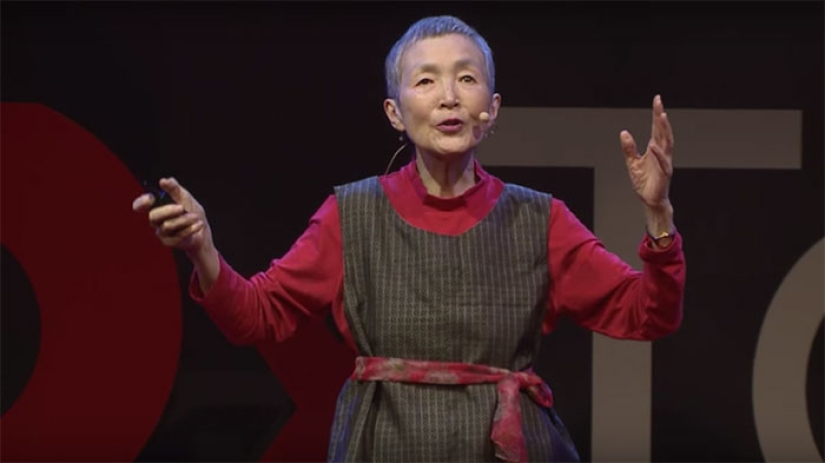
The application is called Hinadan and is dedicated to the traditional Japanese holiday — Girls' Day.
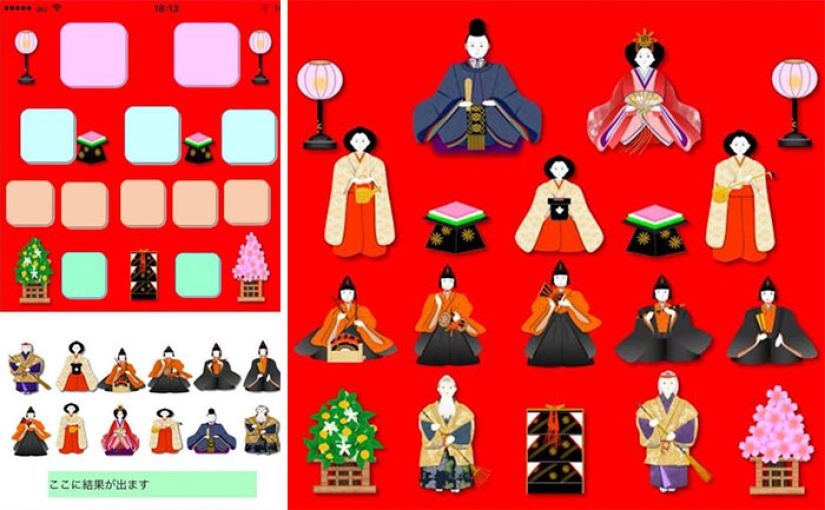
This is a simple game in which the player must arrange several dolls in a certain order based on signals approving or disapproving of his actions.
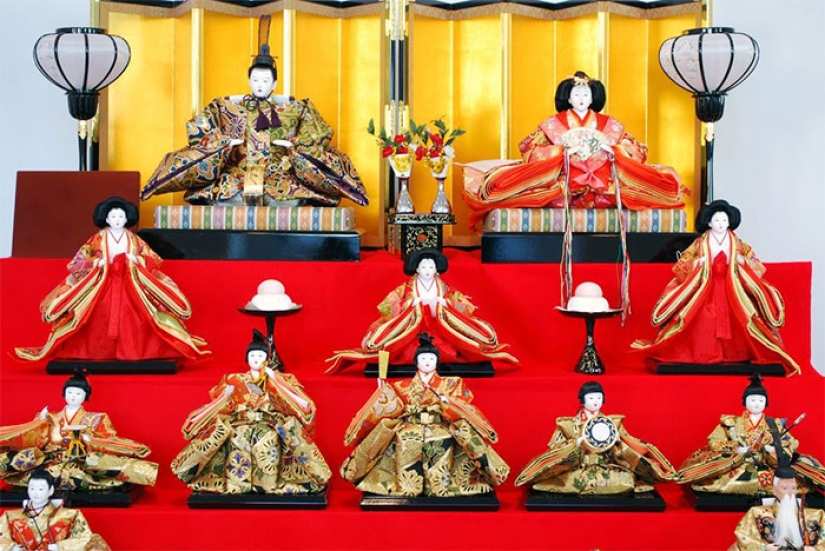
Vakamiya bought her first computer at the age of 60, when she retired after 43 years of working in a large bank.
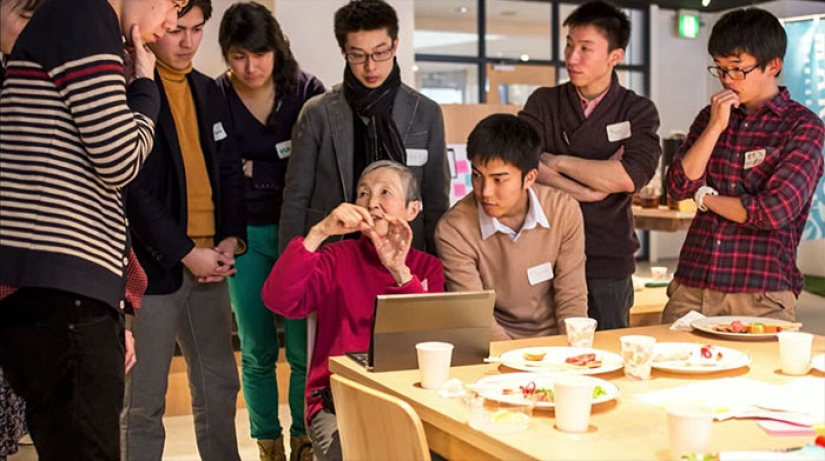
In 2014, the pensioner gave a speech at the TEDxTokyo conference. She described how, without anyone's help, she set up a computer and started chatting on the Internet, which gave a new meaning to her life.
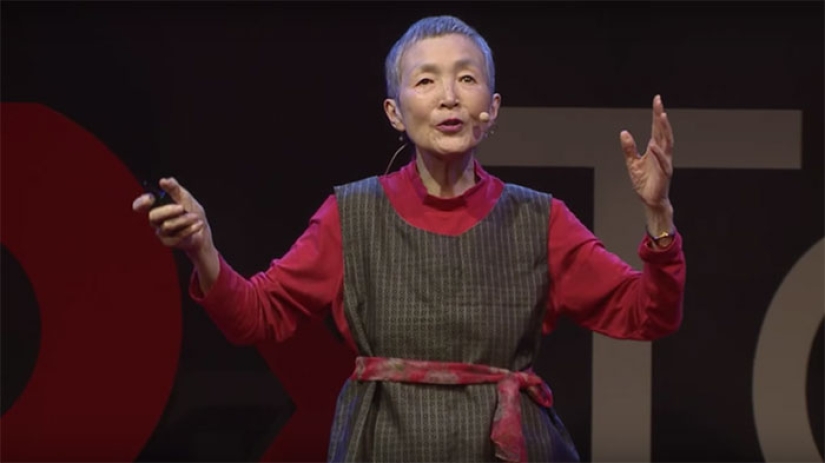
Now she runs a charming website with lessons on using Excel spreadsheets and other guides for older computer users.
Keywords: Game | Mobile apps | Seniors | Programming | Old age | Third age | Japan
Post News ArticleRecent articles

It's high time to admit that this whole hipster idea has gone too far. The concept has become so popular that even restaurants have ...

There is a perception that people only use 10% of their brain potential. But the heroes of our review, apparently, found a way to ...
Related articles

The Instagram of the Spanish photographer Pau Buscató is a vivid example of how unusual a view of the world can be. A young man ...

A photographer from Japan, Ryosuke Miyoshi, captured cute kittens who are studying solid professional photographic equipment. ...

There are people in whose hands even a piece of junk into a work of art. And there are those who, on the contrary, only know how to ...

New Year's is a time to surprise and delight loved ones not only with gifts but also with a unique presentation of the holiday ...